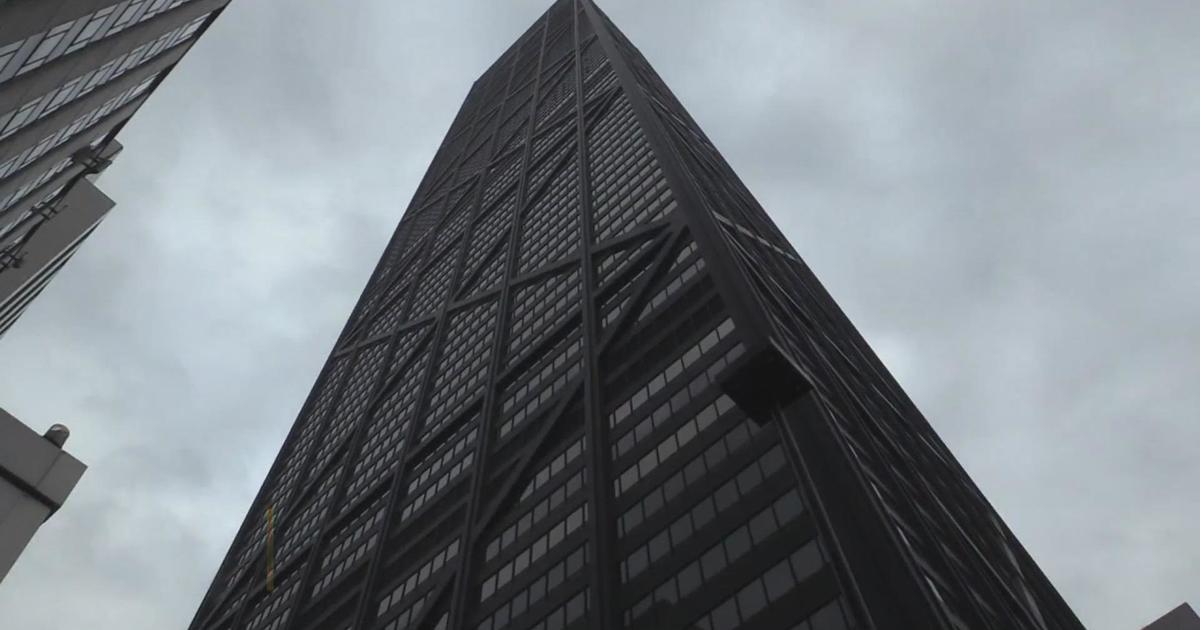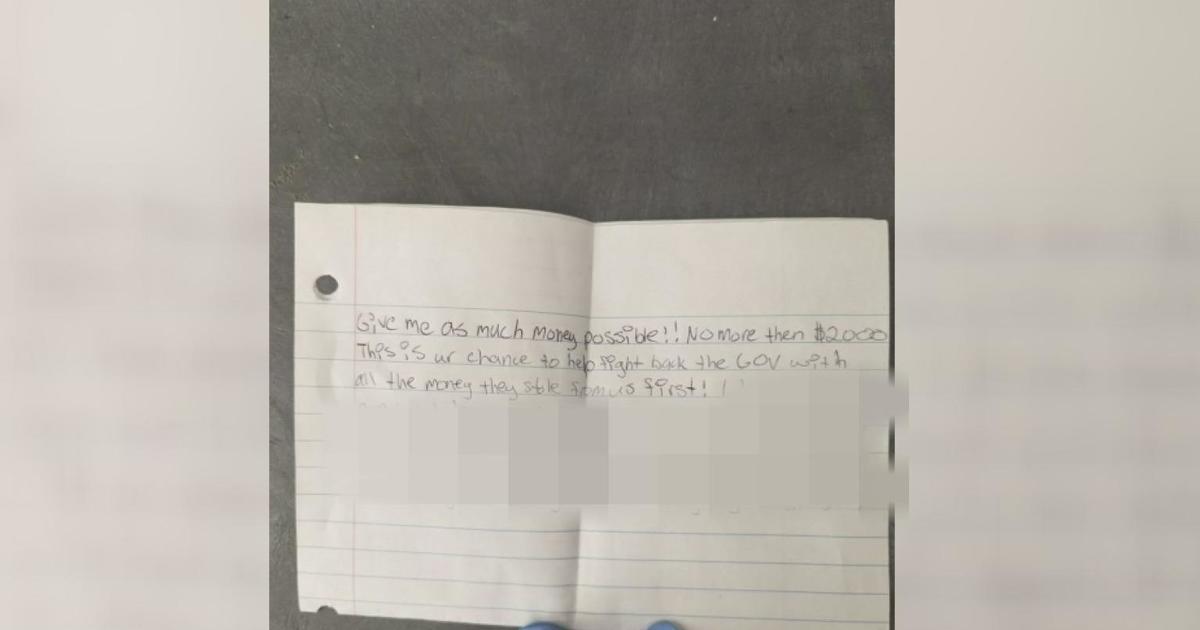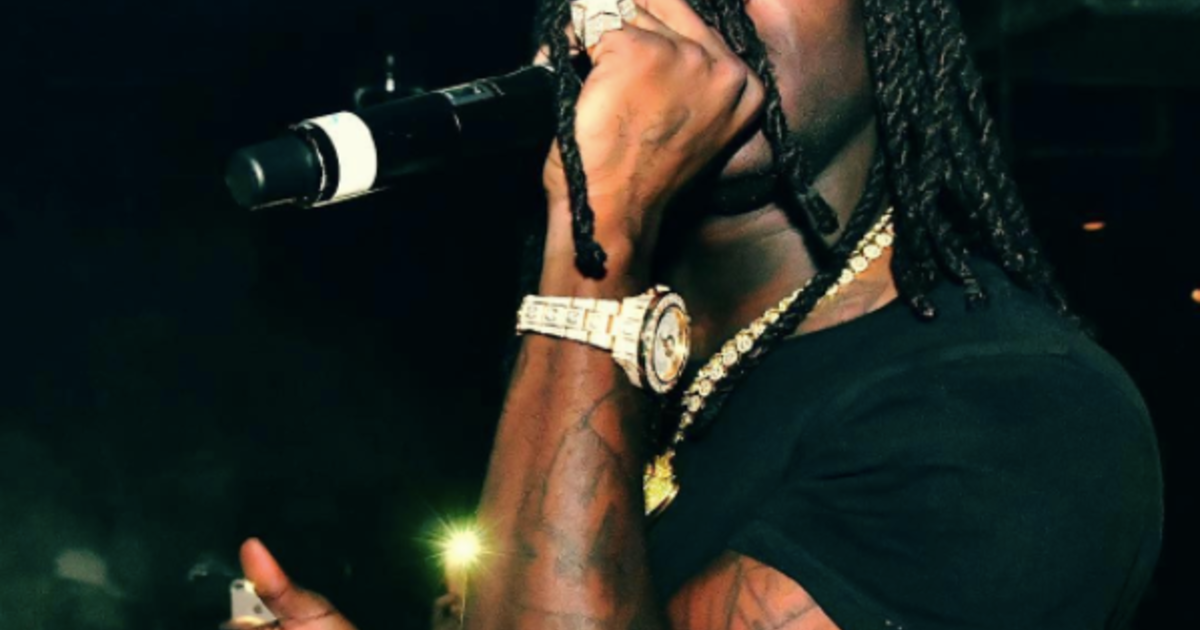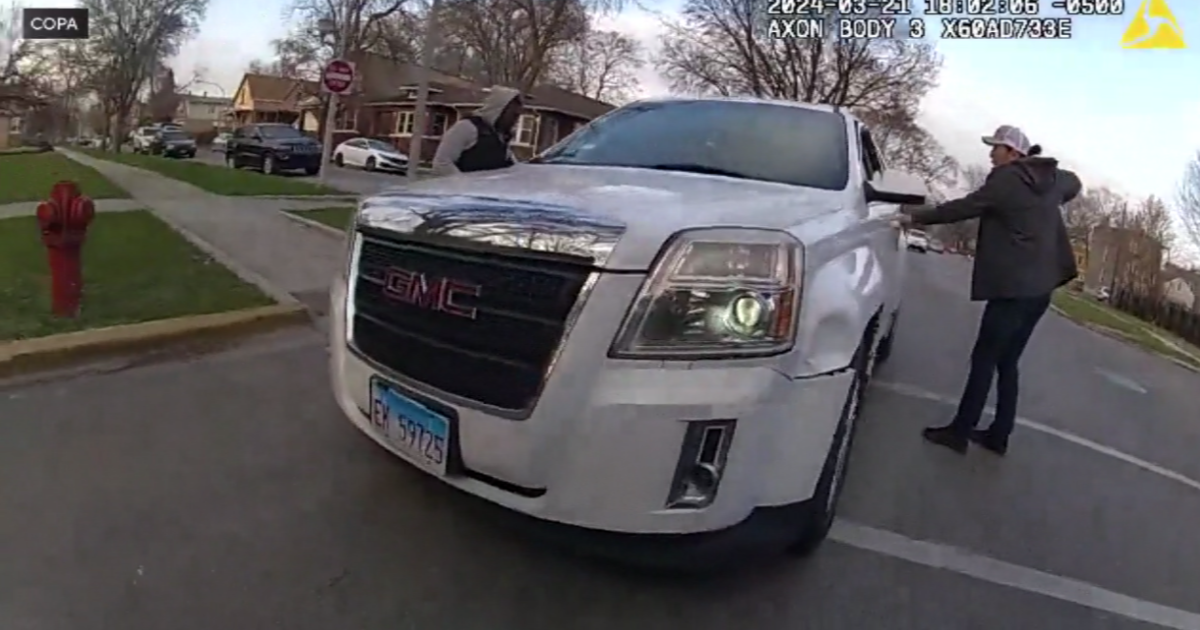Chicago Concert And Performance Venues, Many On The Brink, Hope Federal Relief Money Now Opening Up Will Be A Lifeline
CHICAGO (CBS) -- A lifeline came Monday for Chicago's iconic concert halls and performance venues that have been crushed by the pandemic for more than a year now.
A total of $16 billion in federal relief money is opening up after for venues around the country after months-long waits and technical delays.
CBS 2's Tara Molina checked in Monday with local venue owners applying for that help. These owners said they have been holding on, with no income, for more than a year.
It was also more than a year ago when the city divvied up grant money to 100 venues. But we are told that was not enough to sustain them this whole time.
Owners said this federal relief will be the make-or-break for many of your Chicago favorites.
"Our biggest fans, some of them are saying: 'You know what guys? I can't come to a show. Not for a year. Not until there's a vaccine,'" Tim Tuten, owner of The Hideout at 1354 W. Wabansia Ave., said on April 24 of last year.
Now a whole year has passed, and there is now a vaccine for the novel coronavirus. But stages are still bare, and seats are still empty across Chicago.
And despite no income, no revenue, and no crowds, venue owners have still been on the line for rent, utilities, insurance, and other such expenses.
That is why they say the new federal Shuttered Venue Operators Grant program means everything right now.
Click here for the Shuttered Venue Operators Grant portal.
"We've needed this for a long time," said Chris Bauman of Zenith Music Group – which operates the Avondale Music Hall at 3336 N. Milwaukee Ave. and several other venues, festivals, and promotion companies.
A Small Business Administration site just went live so venue owners can finally apply for the federal funds earmarked for them in the COVID-19 relief package signed into law months ago.
"We are literally on fumes right now, and this couldn't come at a better time," said Joe Shanahan, owner and founder of Metro Chicago, 3730 N. Clark St.
"This is very important not only to us, but to Chicago culture," added Bauman.
They talked to us virtually, minutes after submitting their applications for this federal relief - something they say could change it all for them and others in the city, with that $16 billion dollars set to be divvied up by the SBA.
"Our industry is facing a mass extinction without these funds," Bauman said.
"It is unsustainable for any business to try to exist without any revenue or income for more than 14 months," added Shanahan.
Shanahan said the situation is especially dire given that while business has ceased, expenses have not.
"What doesn't change? My property taxes are coming due. My liquor licenses are coming due," he said. "Again, will they move the goal post again for us? We don't know. That's when we roll up our sleeves tomorrow not knowing when the funds are actually going to be in our account."
Bauman added that the uncertainty about when a full reopening can happen is also still a problem.
"We still do not have a day we can be at 100 percent capacity, which is vital for our businesses," he said.
They won't know how much money they're eligible for until they hear back on their applications.
"We're cautiously optimistic," Shanahan said.
The SBA set this grant up in way that allows the venues that lost the most to the pandemic to get the first shot at the money, as a way to help owners with the most on the line after waiting all this time.
As to when the venues will see the money, a statement reads: "The SBA will begin reviewing the applications today; it is expected the first funds will be distributed in May and applicants can view the status in the application portal. The grant amount and priority award periods are as per outlined in the law."
The SBA broke said for an eligible venue in operation as of Jan. 1, 2019, grants will be equal to or 45 percent of their gross 2019 earned revenue or $10 million, whichever is less. For a venue that opened after Jan. 1, 2019, the grants will be for the average monthly gross earned revenue for each full month they were in operation that year, or $10 million – again, whichever is less.
The SBA noted that per the American Rescue Plan Act, an entity that received a Paycheck Protection Program, or PPP, loan after Dec. 27, 2020 will have the value of that loan deducted from its grant amount. For example, the SBA said, if a jazz club got a $10,000 PPP loan on Feb. 1 of this year – then applied for a Shuttered Venue Operators Grant or SVOG – based on a calculation that its earned revenue loss would have been $100,000, the SVOG grant would be reduced to $90,000.
PPP borrowers who received a loan before Dec. 27 will not have anything deducted from their SVOG.
The first 14 days of grant awards will go to venues that suffered a gross revenue loss of 90 percent or greater. The next two weeks will be for venues that lost 70 percent or more in gross revenue, and afterward, grants will begin for venues that lost 25 percent or more in gross revenue between one quarter of 2019 and the corresponding quarter of 2020.
A total of 20 percent of total funding is reserved for that third phase, the SBA said.
There is also a $2 billion small-employer set-aside for venues with up to 50 employees, which crosses over all of the above priority periods.



